Russia launched a naval bombardment of ISIS targets in Syria on Wednesday, a senior official said, ramping up a newly muscular presence in the Middle East.
Four Russian ships fired 26 missiles into Syria, hitting 11 targets, Russian Defense Minister Sergei Shoigu told President Vladimir Putin during a televised meeting.
Shoigu said the strikes were launched from the Caspian Sea using precise long-range missiles that flew 1,500 kilometers (930 miles) to their targets.
Wednesday also appeared to mark new and closer military cooperation between Russia and the embattled Syrian regime of President Bashar al-Assad.
Russia and Syria launched coordinated attacks on Islamist factions in numerous towns in Hama and Idlib provinces in western Syria on Wednesday, with Syrian shelling being conducted in apparent concert with Russian airstrikes, according to an opposition group.
Why are Russian airstrikes in Syria a big deal?
If the report is correct, it could offer fresh evidence that Russia's primary goal is propping up al-Assad rather than fighting terrorism.
Even as its ships and warplanes conducted fresh strikes, Russia said it was willing to cooperate with the United States in carrying out attacks in Syria.
However, speaking to reporters in Rome, U.S. Defense Secretary Ashton Carter called the Russian campaign of airstrikes in Syria a "fundamental mistake." He said the United States was not ready to cooperate with Russia on operations in Syria.
And yet Russian Deputy Defense Minister Anatoly Antonov appeared to indicate Wednesday that cooperation was in the works. He said Russia was prepared to take information and intelligence obtained by the U.S.-led coalition against ISIS, and he called on all sides to share targeting reconnaissance.
A ministry spokesman, quoted by Russia's TASS news agency, said the ministry responded to a request by the Pentagon. It then "swiftly considered" the U.S. proposals to coordinate.
"We just need to specify some technical details that will be discussed today by representatives of the Russian Defense Ministry and the Pentagon at the expert level," Defense Ministry spokesman Maj. Gen. Igor Konashenkov told TASS.
Meanwhile, the Russian assault in Syria continued.
Russian warplanes conducted heavy airstrikes on Islamist factions Wednesday, accompanied by shelling from government forces, according to the UK-based anti-Assad Syrian Observatory for Human Rights.
The head of the observatory said that there were no ISIS positions in the areas targeted and that fierce clashes were taking place on the ground between regime forces and their allies and armed Islamist rebel factions, including the Ahrar al-Sham and the al Qaeda-affiliated Nusra Front.
Wednesday's clashes are the fiercest in the last month, the observatory said.
Russia has said it is targeting ISIS, al-Nusra and "other terrorist groups" as recognized by the United Nations Security Council or Russian law.
Syria's Ambassador to Russia, Riad Haddad said Wednesday that around 40% of ISIS infrastructure had been destroyed since Moscow's military operation began, Russia's state-run Sputnik news reported.
"According to our data, about 40 percent [was destroyed]. In addition, a lot of terrorists have been killed. Now, they are retreating toward the Turkish border," Sputnik quoted Haddad as saying.
'Substantial military buildup'
But the Prime Minister of Turkey, Syria's neighbor to the north, cast fresh doubt Wednesday on whether Russia's goal was really to go after the ISIS terrorist group.
Just a small fraction -- 3.5% -- of Russia's airstrikes in Syria so far have targeted ISIS, Prime Minister Ahmet Davutoglu said.
"These air raids are not against ISIS. There were 57 air raids by Russian air forces. Fifty-five of them were against moderate opposition and only two were against Daesh, according to military information we received," Davutoglu was quoted saying by Turkey's Anadolu news agency, which reflects government thinking. Daesh is another name for ISIS.
6 graphics that explain the latest on the war in Syria
The developments came a day after NATO's secretary general expressed alarm over how the Russian military had grown on several fronts in Syria, including boots on the ground.
"So we have seen a substantial military buildup by Russia in Syria, both in the air with the combat planes and air defense systems, but also an increasing number of ground troops," Secretary General Jens Stoltenberg said. "In addition to that, they have deployed naval assets, a large number of naval assets close to the Syrian shores. And they continue to do so."
Russian planes have also incurred into Turkish airspace twice, he said.
"It's unacceptable, it's dangerous, and it's reckless behavior and it adds to the tensions," Stoltenberg told CNN.
'Russia is not targeting ISIL'
Stoltenberg said he doubted that Russia, which has been conducting airstrikes in Syria, was interested primarily in fighting the terrorist group ISIS, also known as ISIL.
"I'm also concerned that Russia is not targeting ISIL but instead attacking the Syrian opposition and civilians," he said.
The Pentagon shares the same worries.
The latest U.S. assessment indicates that Russia has moved ground combat weapons and troops to areas of western Syria where anti-regime forces are, according to two American defense officials. The United States sees the move as Russia "stepping up its ground activity" in Syria to attack those forces, rather than ISIS elements, according to one of the officials.
But Russian officials deny ramping up military activity. Officials quoted by state media said there would be no ground operation in Syria and -- in contrast to what officials had said earlier -- Russia would try to prevent any "volunteers" from going to Syria.

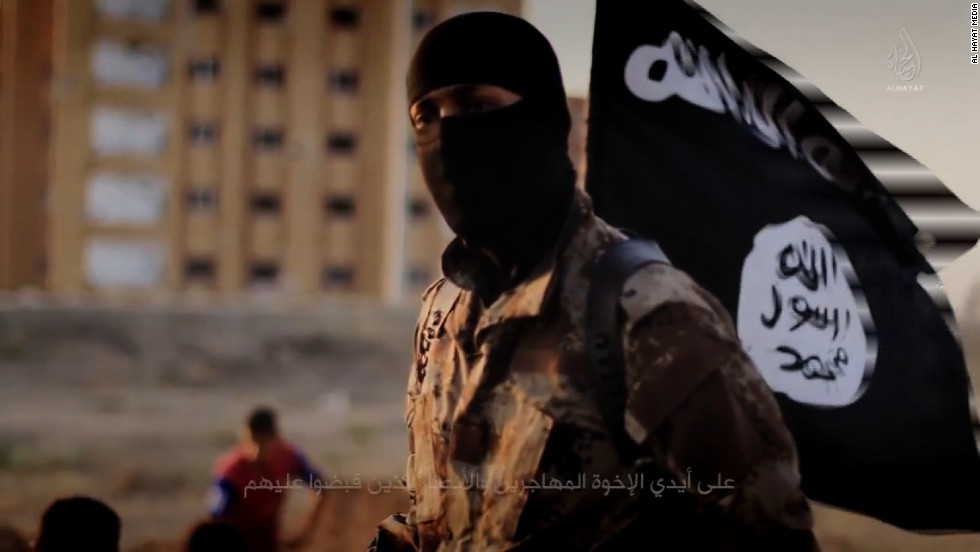























































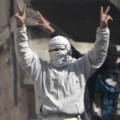

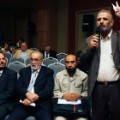
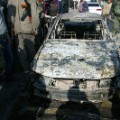
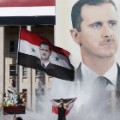
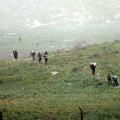
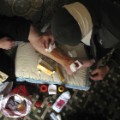
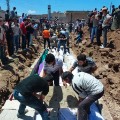
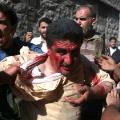
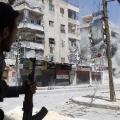
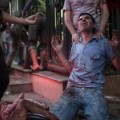
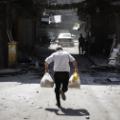
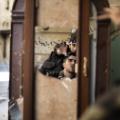
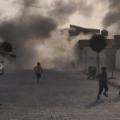

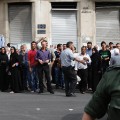
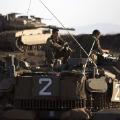
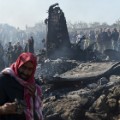
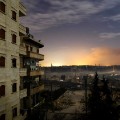
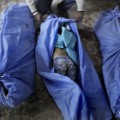
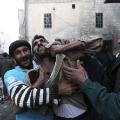
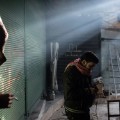
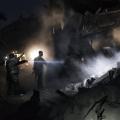
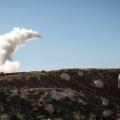

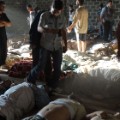
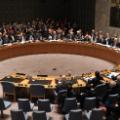
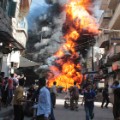
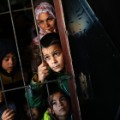
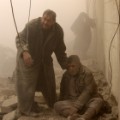
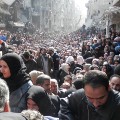
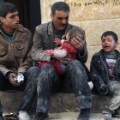
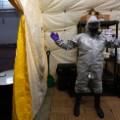

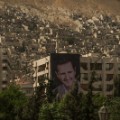
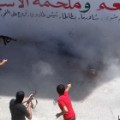

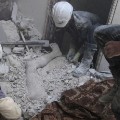
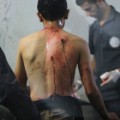
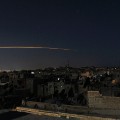
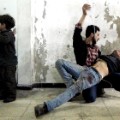

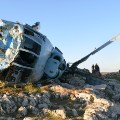
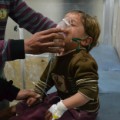
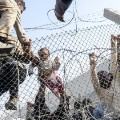
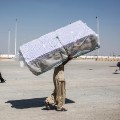
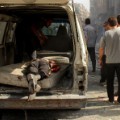
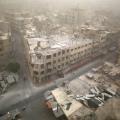


No comments:
Post a Comment